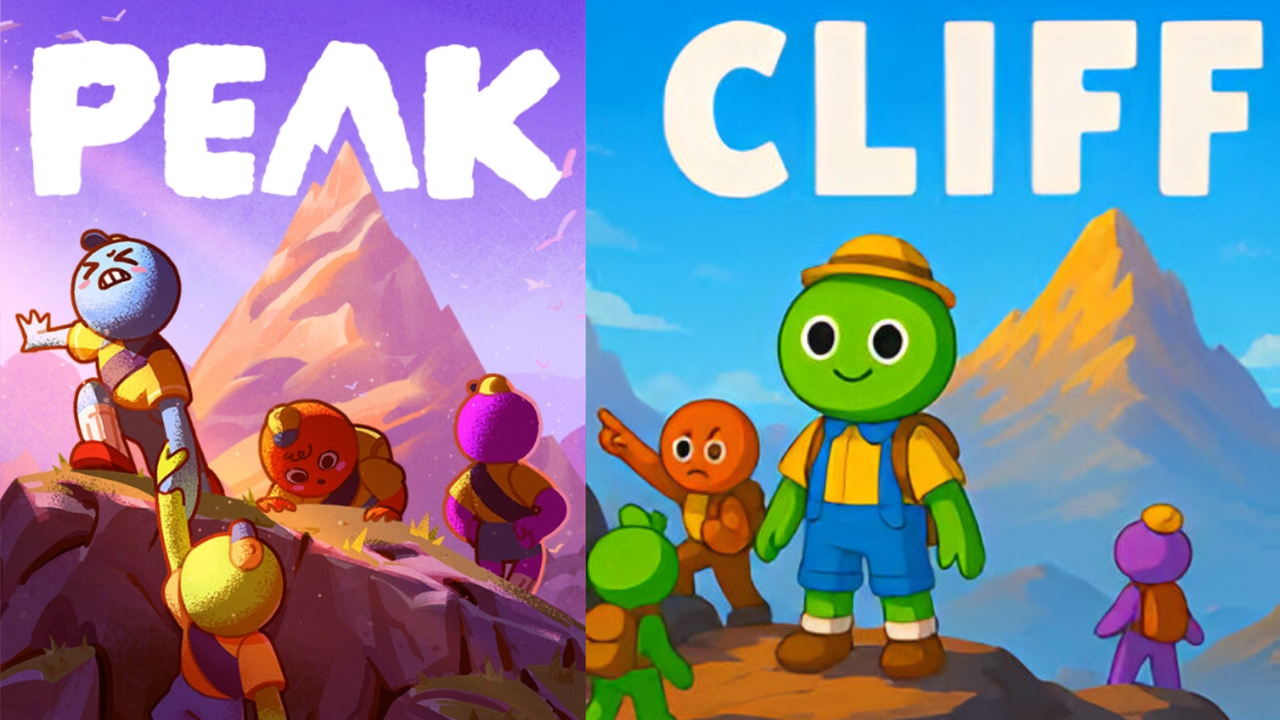
Roblox is one of the most popular games in the world right now, regularly topping the most-played charts on PlayStation and Xbox, with over 380 million monthly active Roblox users across all platforms, including PC. The platform thrives on user-generated content, but it’s also becoming known for the sheer volume of cloned games that appear, many of which are based on trending indie titles.
These clones are usually free-to-play but packed with monetization incentives, often reusing core ideas and designs without credit or consent from the original creators. For indie developers, this raises serious concerns.
If these Roblox versions pull attention away from the originals, they could be stealing visibility, revenue, and recognition. Not everyone sees these games as harmless tributes. For some developers, these clones are doing far more harm than any good.
The clone machine: Roblox copies what’s trending
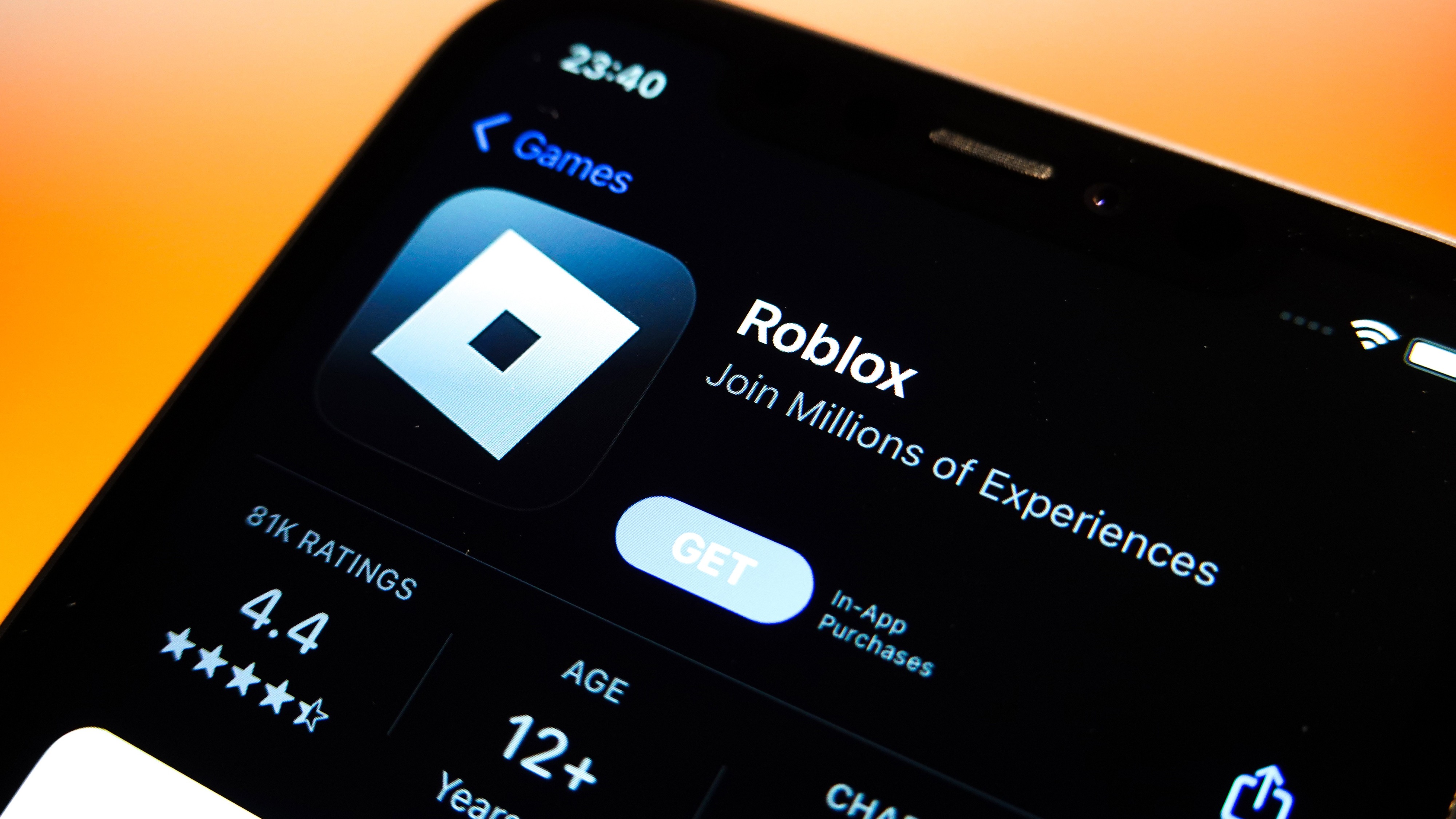
Roblox’s massive player base and easy-to-use creation tools have made it increasingly easy to replicate popular games, often with little regard for the original creators.
Some Roblox developers have become millionaires from user-made games, and many can build and publish new titles within days/weeks of indie games going viral, allowing them to quickly capitalize on trends. In many cases, these clones are near one-to-one recreations, copying not just gameplay mechanics but also visuals, structure, and even UI elements.
Examples of copied/replicated games include:
- CLIFF (PEAK )
- TC2 (Team Fortress 2)
- Imposter (Among US)
- Flee the Facility (Dead by Daylight)
- Deadly Company (Lethal Company)
- Pokémon Brick Bronze (a full clone of Pokémon that was eventually taken down)
Some of these rip-offs have racked up millions of plays, and in some cases, they’ve even outperformed the original game, especially among younger audiences who primarily play Roblox. While a few clones are labelled as "fan-made", many don’t credit the original developers, and most introduce monetization mechanics that the original games they’re based on avoid.
Why these clones might be a problem
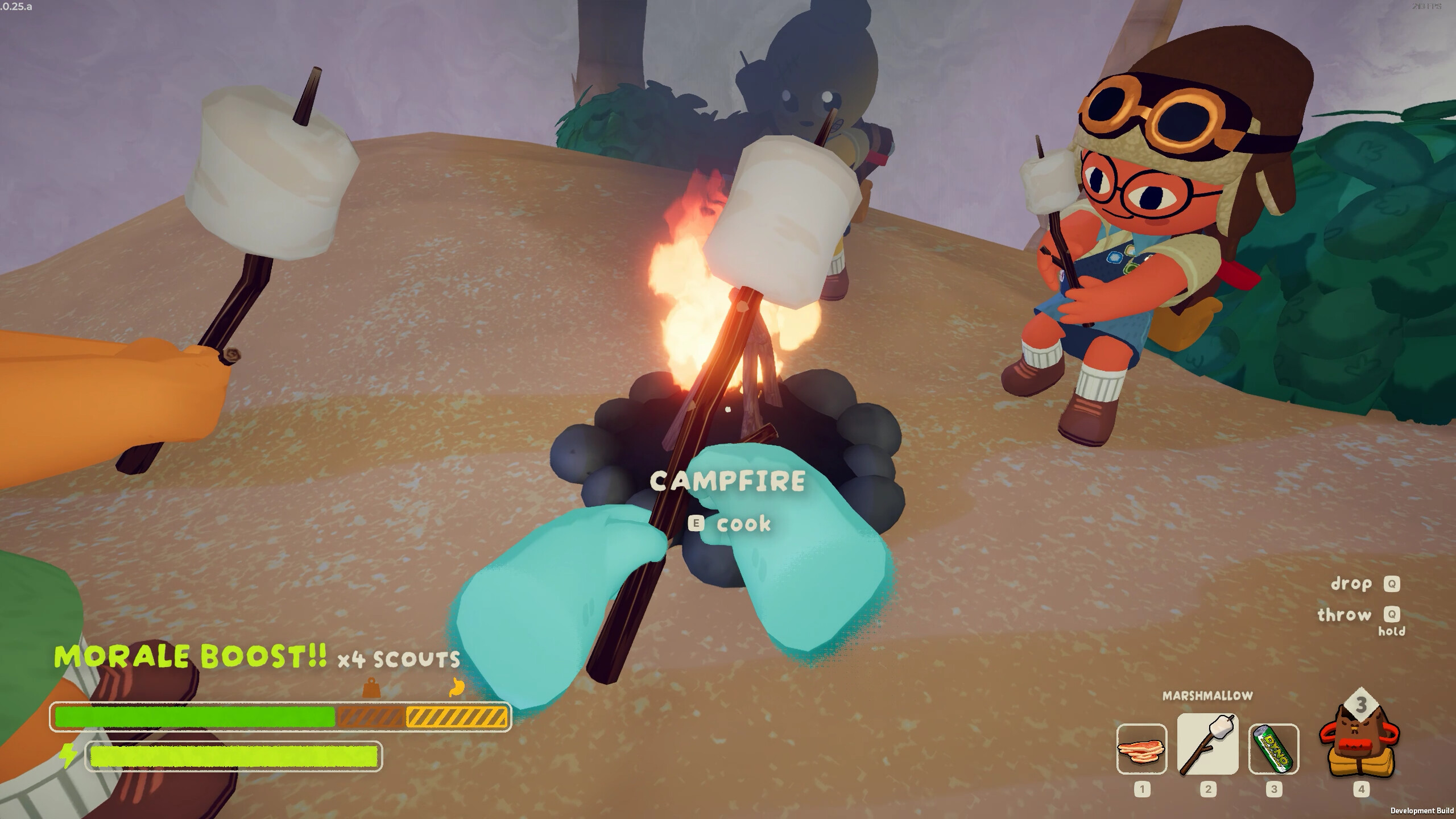
One of the core issues with these clones is how they almost distort a game’s original design philosophy by introducing pay-to-win systems and other forms of monetization that undermine the creators of the original developer's intent. The sheer speed at which these clones appear, combined with Roblox’s massive reach, can easily drown out the original game in search results across the web, YouTube, and TikTok trends.
If a clone gains traction, it can overshadow the original in both visibility and reach, even if it doesn’t match the original in terms of quality or execution. And even when these Roblox versions fade, their presence can still have a lasting impact. If someone searches for a new game and finds a free Roblox version first, they may never reach the original at all.
If we take the most recent example, CLIFF, a clone of the indie co-op climbing game PEAK, has already reached over 6 million visits on Roblox. In comparison, PEAK peaked at around 114,000 concurrent players (via SteamDB) and is estimated to have around 6 million total owners since its launch in June.
CLIFF has only been available for two weeks, making its rapid growth very striking. And it’s not the only clone of the game; another game called CLIMB, also inspired by PEAK, has managed to rack up 13.9 million visits on Roblox within the same timeframe.
Unlike CLIFF, CLIMB doesn’t appear to include monetization and at least maintains the default Roblox look, whereas CLIFF tries to emulate PEAK as much as possible. But both examples show just how quickly clones can gain traction, sometimes rivalling or surpassing the original game’s reach in a fraction of the time.
Roblox’s incentives and monetisation model
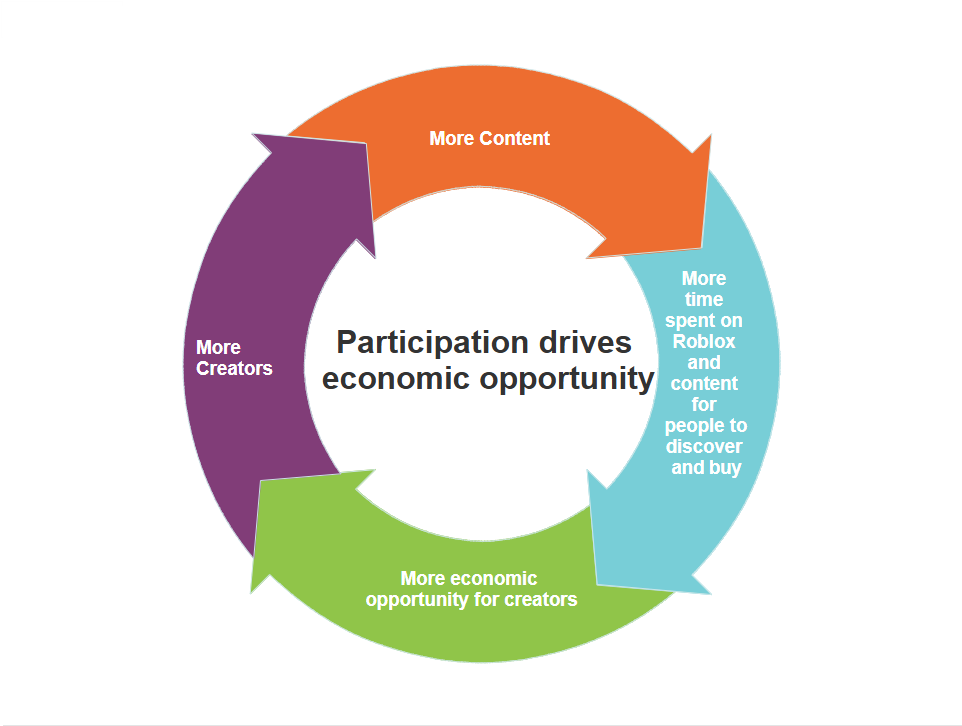
The economy in Roblox is built around "Robux", a virtual currency that players purchase with real money and spend on in-game items, gamepasses, cosmetics, and boosts. Developers earn Robux when players spend in their games, and they can then convert that Robux into real-world money through Roblox’s Developer Exchange.
This system has helped some Roblox creators become millionaires, but the revenue split varies depending on the type of content. Developers can typically receive just 10% to 30% of what their games generate (via Roblox), meaning it takes a significant cut.
That low payout could help explain why so many developers push for aggressive monetisation, from pay-to-win mechanics to premium abilities. Even with a small share, the model still rewards developers who maximise spending.
What is the community saying?
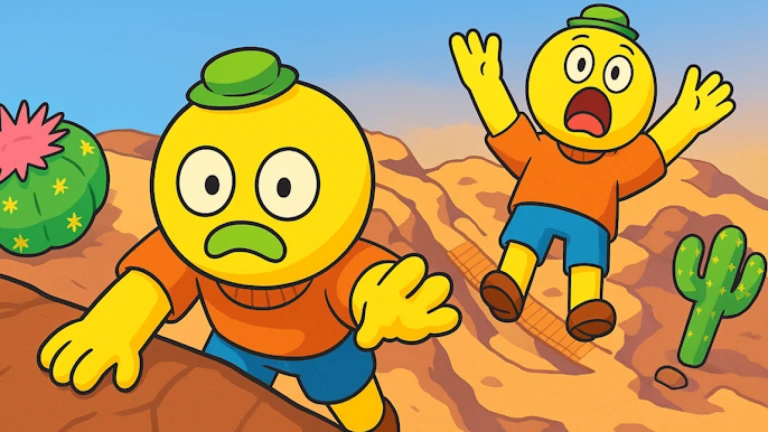
It’s not something that’s often publicly acknowledged by developers, but the studio behind PEAK directly responded to the Roblox clone CLIFF, stating, “tbh would rather you pirate our game than play this microtransaction-riddled Roblox slop ripoff.”
The community has strongly backed the studio, with the sentiment across Reddit, Twitter (now X), and YouTube mostly negative toward clones – especially those that are blatant and/or monetised.
tbh would rather you pirate our game than play this microtransaction-riddled @Roblox slop ripoff pic.twitter.com/ulRShLLGz2August 4, 2025
Many users place the blame on Roblox itself. The platform doesn’t enforce strict rules around intellectual property and only tends to act if a DMCA takedown is filed. That was the case with Pokémon Brick Bronze, which was theorised to have been removed after a strike from Nintendo, a company no stranger to DMCA strikes and defending its IP.
Across Reddit, reactions to these clones often include disbelief, with comments like “this has to be illegal” showing just how blatant some players see the issue. The core issue is that Roblox’s audience skews younger, with 40% under 13 (via LinkedIn), and many of these players either don’t realise these games are clones or simply don’t care.
What can even be done?
In an ideal world, Roblox could take a more proactive approach to IP protection. Flagging obvious clones and limiting monetization on those games would be a step in the right direction, but it would also impact developers who rely on that income, whether it’s morally right or wrong.
Games can be reported by players for various reasons, which has already happened in the case of CLIFF. But beyond that, there’s not much that can be done unless a studio or developer decides to issue a takedown. Even then, it’s likely that more clones would simply appear in their place as "Pokémon experiences" still exist in the game.
At this point, it feels like a real change has to come from Roblox itself. That said, it’s possible the dent these clones make is negligible in the long run, but perhaps I’m just being optimistic, as nobody really knows for sure. From my perspective, though, blatant clones deserve more moderation, and I’d be genuinely interested in how others feel about it.







